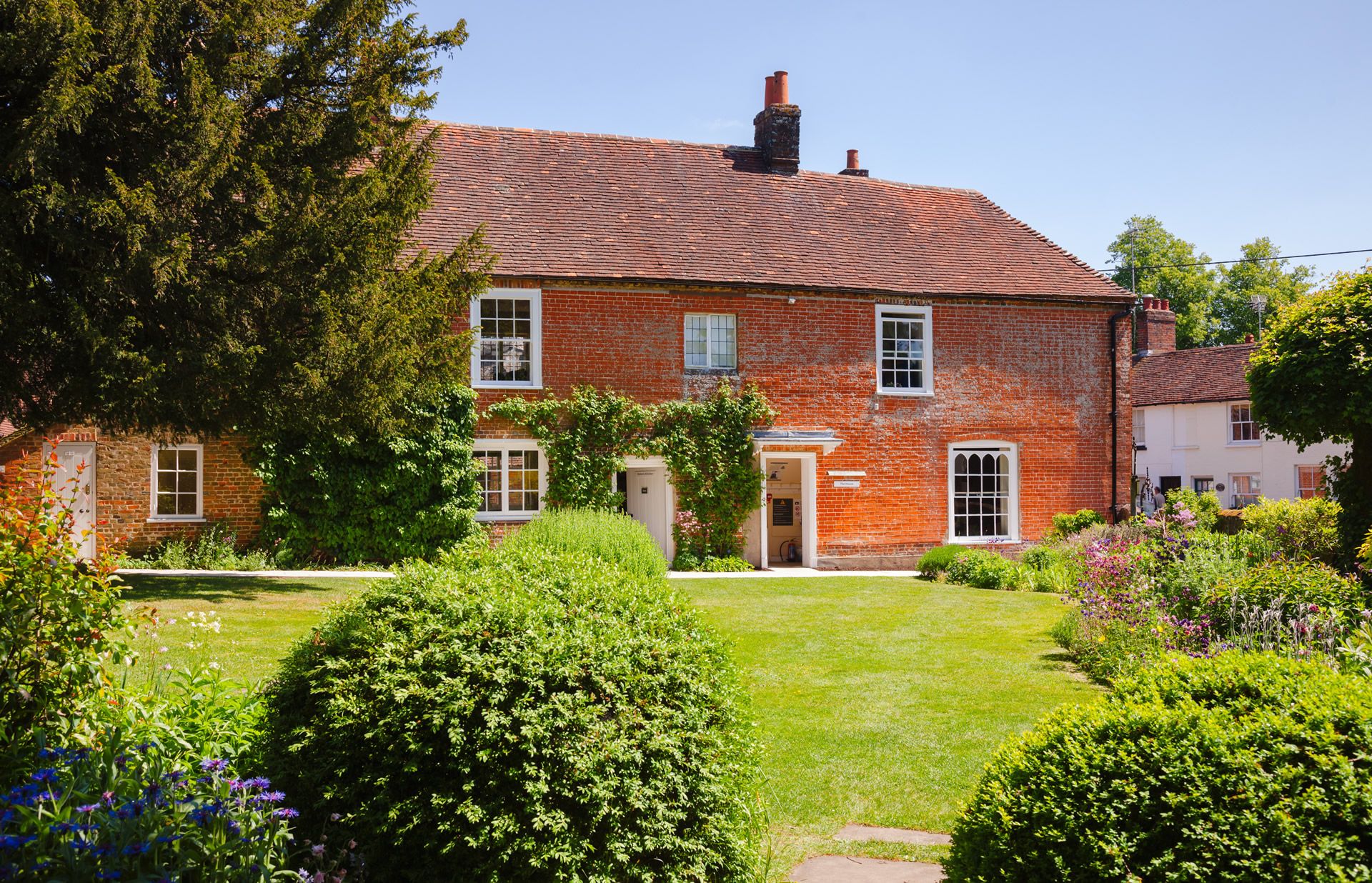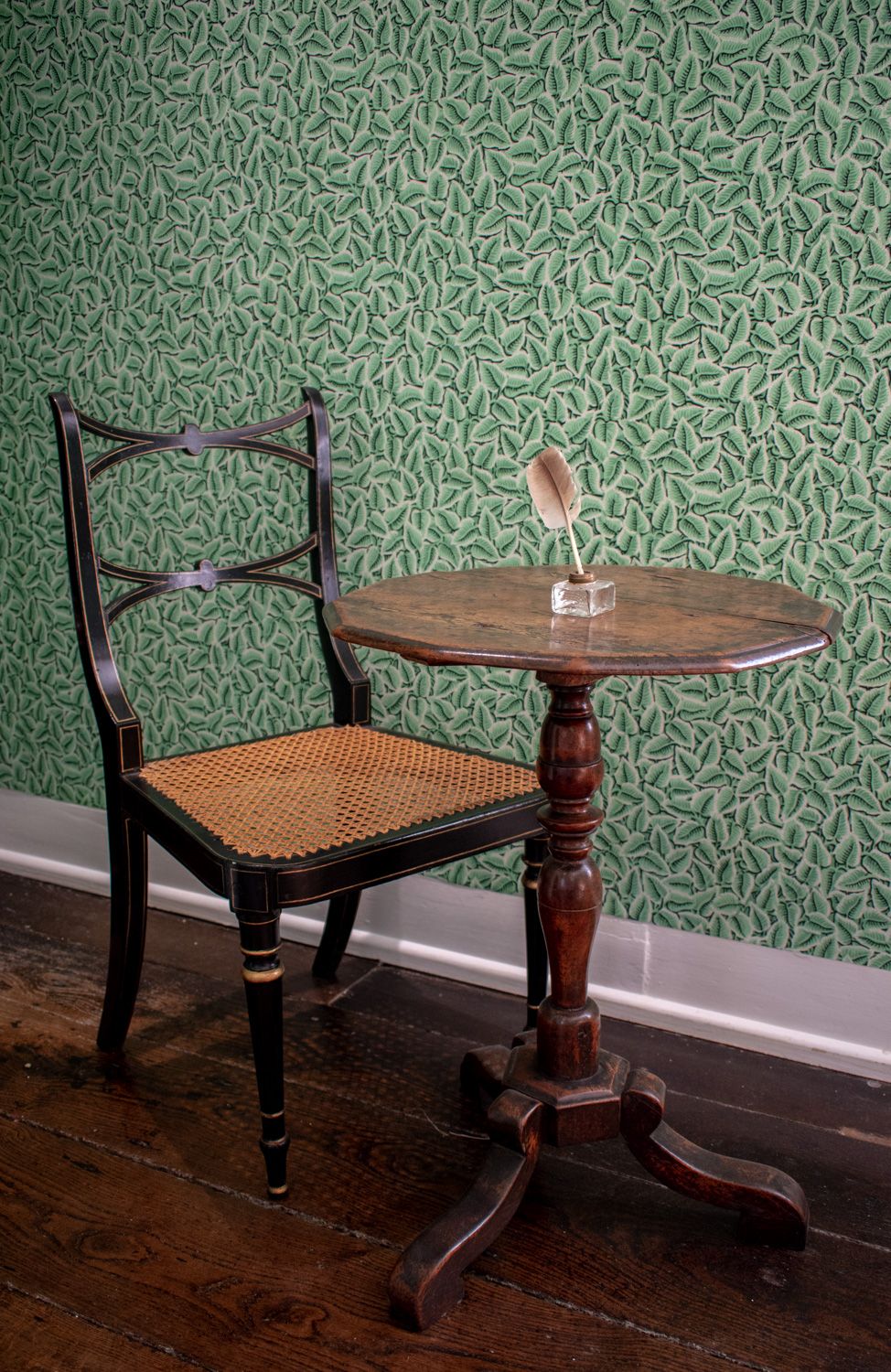Perfection
Or, my return to the comfort of Jane Austen.

I had to go back to Jane. I needed perfection. For several days I’d dipped in and out of contemporary essays and stories and prize-winning novels, bestsellers, those that came highly recommended. Yet there I was, in a frazzled state. Lonely. Yearning.
I had to go back to Jane.
But which one? Which of her novels can I turn to in my hour of need? Which beauty? And what to do with all my contemporary knowledge? Can I quash my understanding of colonialism and slave trading? Can I ignore the gender stereotypes, the celebration of coupledom, the blatant presence of the patriarchy? And what about the pile of library books on my dining table, with due dates that threaten? Or the books that need to be read for projects with due dates of their own?
I give all these questions up to the ether. I do it for the sweet relief of going back to Jane.
It might have to be Persuasion, the one I’ve reread the least. Oh, but that’s the one I’ve reread most recently. So perhaps a return to Sense and Sensibility. Maybe even Pride and Prejudice, even though its essence is embedded deep in my brain:
It is a truth universally acknowledged, that a single man in possession of a good fortune, must be in want of a wife.
Pride and Prejudice it is.
I trust her, I trust Jane. I trust that, even on a fourteenth read, she’ll draw me in.
I dive. And I don’t fully re-emerge for days. I work, of course. I wrangle puppies. I sleep unless they wake me, which they seem to like to do. One night they won’t settle and I stay up cuddling them until 3 am, The Complete Works of Jane Austen balanced on a cushion. For an entire weekend, I forget about TV and I ignore social media. All I want to do is race to the end – to the point where Elizabeth Bennet and Fitzwilliam Darcy finally speak to one another openly, like two fair dinkum human beings – and I’m astounded at myself: I’ve read it before, many, many times, yet here I am, pacing about in slippered feet, book in hands, greedy eyes gulping at the prose.
What defines her impeccability? The taut storyline. The romantic pull. The gentle thread of narration as it moves between action and introspection. Jane the Omniscient. Jane the Barely Ever Revealed. The gentle puppeteer. The knower of art. The one who intimately knows the sheer, unadulterated pleasure of reading fine work.
Oh, I admire her.
But this time I want to get under the hood. I want to learn from her. I want to know how it’s done. How does one write such compelling prose? And, most importantly, how does one do that in the hallway of a busy house on a tiny little table?

Did she write and then write again? Or did these stories that we’ve all come to know and love spring forth from her, polished and perfect?
The internet tells me that, over 10 years ago, there was a hullabaloo about how Austen’s manuscripts were edited. Only a few of her original manuscripts exist. There’s a collection of early writing known as the Juvenilia, drafts of Lady Susan and Persuasion, and some working drafts of the unfinished novels, Sandition and The Watsons.
Geoff Nunberg, late author and lexical semantician, wrote:
I looked at parts of the working drafts of some unfinished works, like Sanditon and The Watsons, as well as for a discarded chapter of Persuasion. They’re pretty messy, with numerous cross-outs and insertions – not surprising, unless you take at face value her brother’s assertion that ‘Everything came finished from her pen.’ … You can’t achieve a ‘polished’ style, after all, without the application of some elbow grease.
Nunberg’s observations give me hope. They mean that – despite what her brother said – Austen wasn’t some kind of miracle worker, who produced perfect prose upon the first draft. She probably had to rewrite her books to get them into better shape. And it’s possible that she had a brilliant editor. This thought makes me smile, for the editor’s craft is so often unannounced, unrecognised, unrewarded.
But I’ve also found myself with more lingering questions: Why, when I read contemporary fiction, does its impeccability seem contrived, if it reaches that level at all? Why does Austen stand the test of time, despite her distance from our contemporary social norms? And this is my question for Jane when I meet her on the other side: What, pray tell, is immortality like?
I’ve moved on to Emma now. I’m tickled by the way Austen gently mocks the class and status that the English value so much, and I’m looking forward to Emma getting her comeuppance. I like imagining Frank Churchill portrayed by a gawky Ewan McGregor in the 1996 film. It makes me laugh, and I’m compelled again. After I’ve finished Emma, I’ll probably roll out the films, maybe the BBC series of Pride and Prejudice for old times’ sake. And I’ll immerse myself in this comfortable, comforting world while the puppies run roughshod over me, decimating all of my precious free time and my hopes of a tidy house.
Do you have a go-to author for when the going gets tough? I hope that you do, or that you have some other way to find comfort wherever you are, whatever you’re up to.

